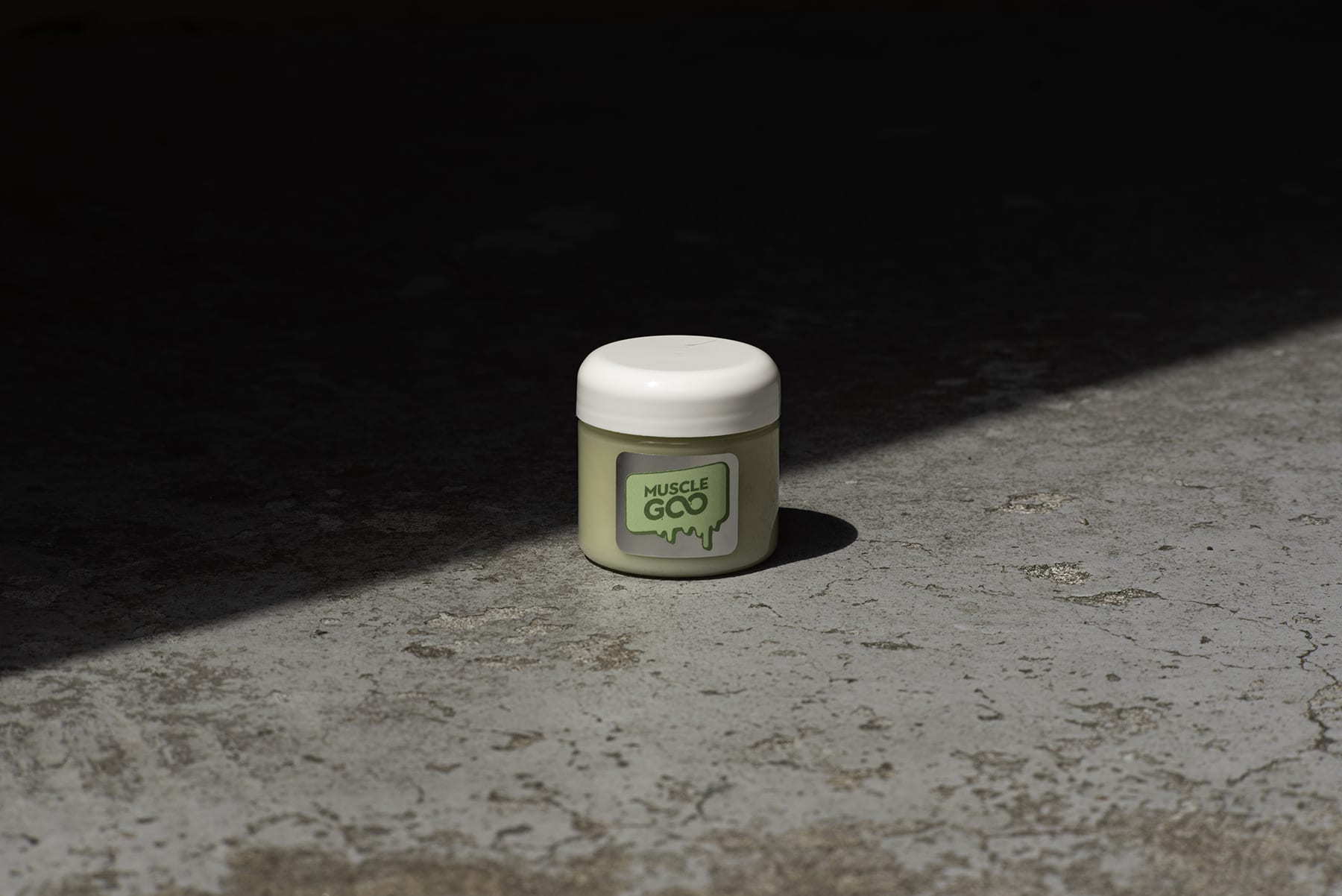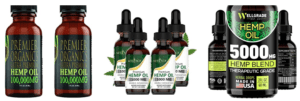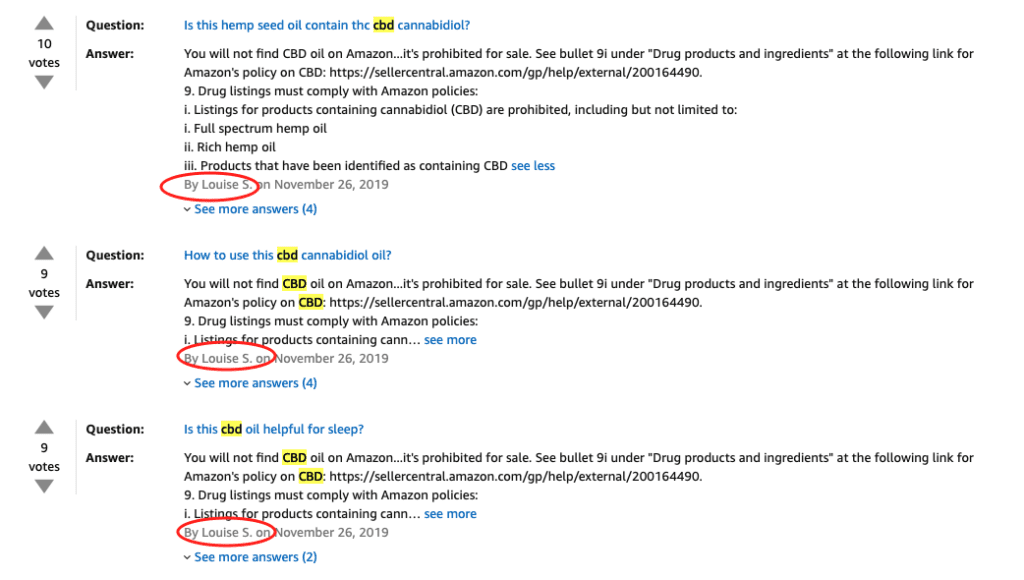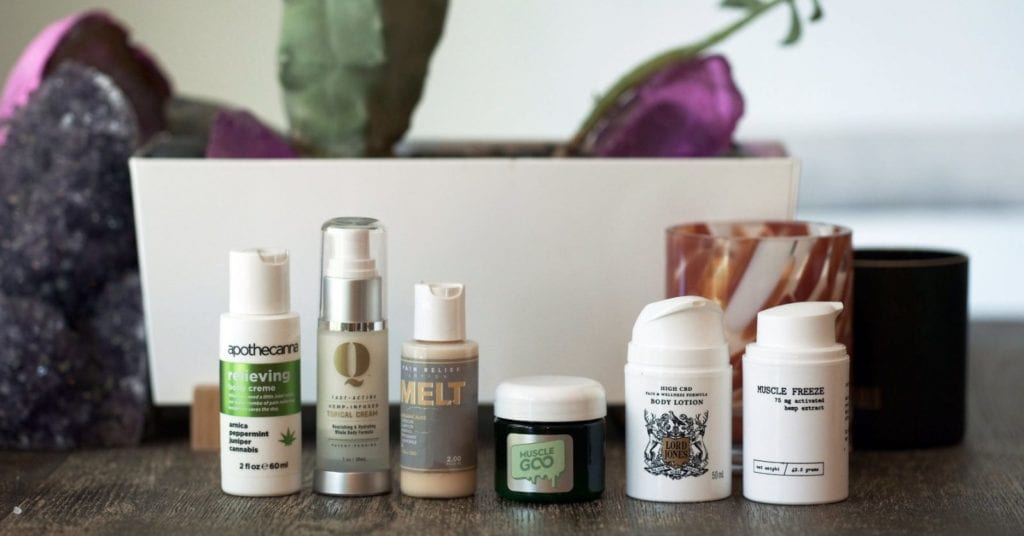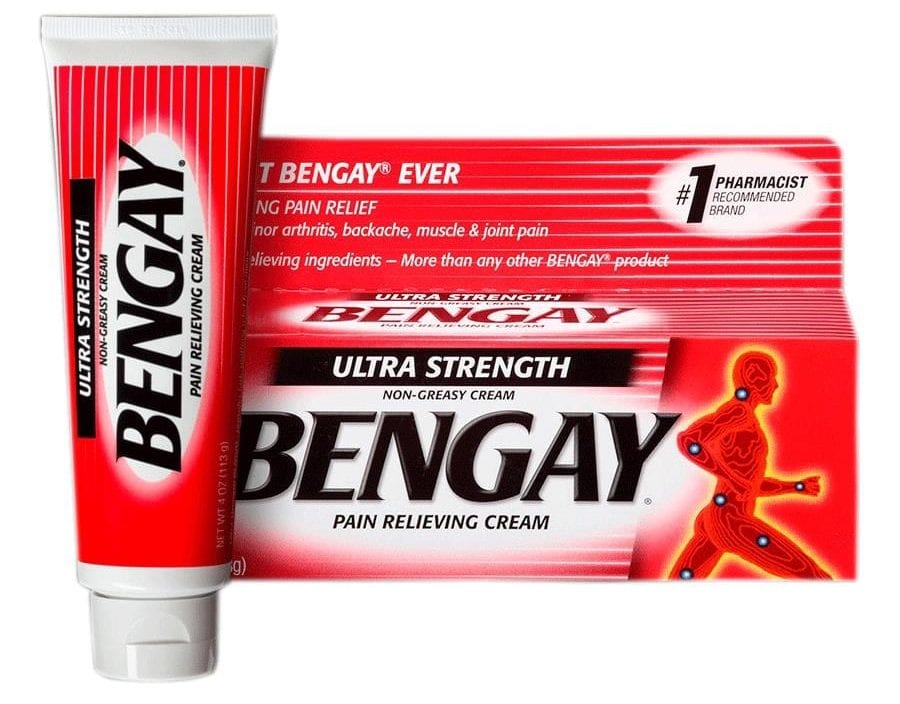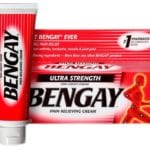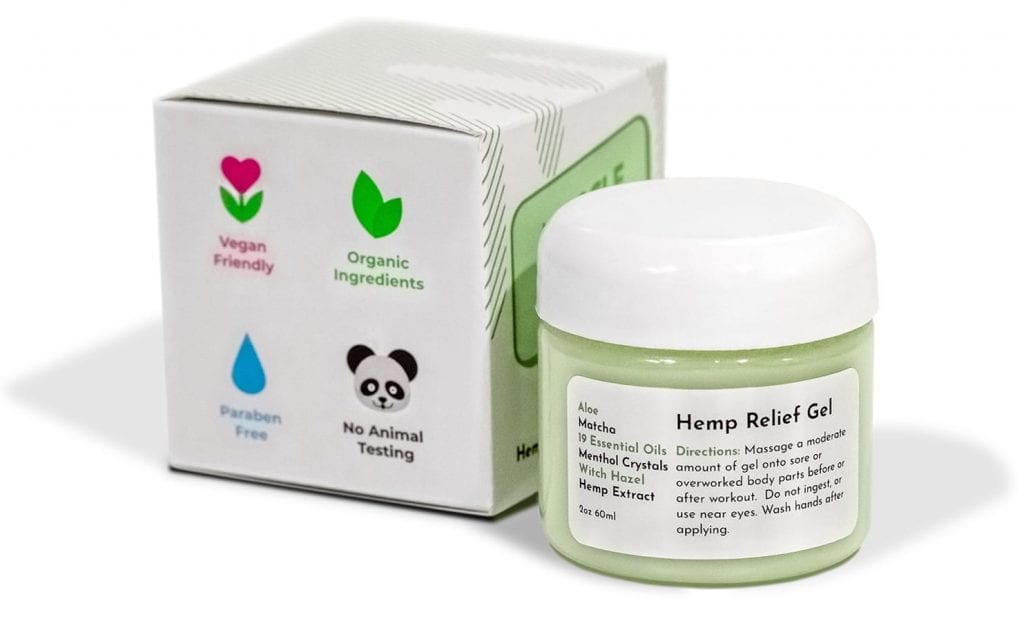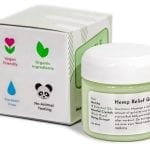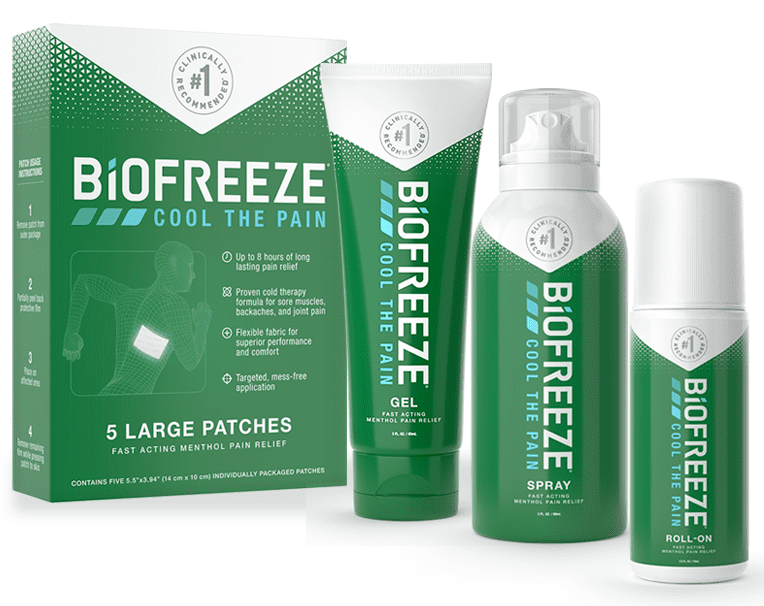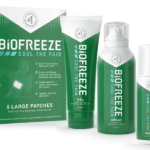
What a time to be alive! Even asking that question is a sign of how far we’ve come. You can buy a lot of things on Amazon, but CBD oil isn’t one of them. The mountains of products available on Amazon w/ weed leaves all over them might lead you to believe otherwise. Interestingly enough, even though these products are not allowed to use the word “CBD” in their listings on Amazon, if you search for “cbd oil amazon” – their algorithm knows exactly what you were looking for. The non-cbd weed inuendo oil products are booming.
Amazon’s CBD oil rules are crystal clear: no CBD (for now anyway). Check out this excerpt from their drug policy:
Products containing cannabidiol (**CBD**), a Schedule I Controlled Substance, including but not limited to: Rich Hemp Oil containing cannabidiol (CBD) Products that have been identified as containing CBD by LegitScript.
So what are these products, and what’s in em?
Top 5 results for “CBD Oil” on Amazon that don’t contain CBD oil:
Why does Amazon show these products when searching CBD oil then?
Even though the seller’s aren’t allowed to put the term “CBD” in their listings, users use the term in their questions and reviews. This content is crawled and indexed, and weighted pretty heavily in the ranking algorithm. It’s kind of a perfect storm for the sellers. They make a product that alludes to CBD so much that users have to ask “Does this have CBD oil???” which in turn makes said product show up for these searches.
Now, there’s absolutely something more sinister going on here as well. It makes sense that real users have real questions about if CBD oil is in these products, but all these products are littered with more suspicious questions and reviews too. Without going too deep – consider that these products are largely marketed to and bought by english speaking normies in the USA. Now, check out the bizarre english used in these questions that do little more than make sure some relevant keywords are in play:
Alas – this means that the brands/sellers themselves are planting these keyword heavy review questions with dummy users to add words they can’t use in their listings to the algorithm. Or something like that. I don’t know why the brands wouldn’t bother doing this with solid english, but they’re not, and there’s plenty of pretty blatantly planted questions and reviews on all of these products.
Louise S – The Amazon Review Hero
Super hero and Amazon user Louise S can be found all over these CBD questions, handling business and referring question askers to Amazon’s rules about CBD I mentioned above. Can’t write this post without shouting her out.
Anyway, what are these products if not CBD oil?
They’re hemp seed extract, that’s all. Some of them have additional flavorings if they’re positioned for consumption rather than topical use. Some have essential oils added, but they’re all just hemp seed extract. Good hemp seed extract is great stuff. It’s cold pressed and refined from the seeds of hemp plants and contains tons of proteins and fatty acids – that’s why it’s a common ingredient in our products. It’s commonly used in skincare and as a carrier oil in the place of MCT oil or similar. The simplicity of these products is also clear when you look at the commoditization of them on Amazon. When hundreds of people are selling the same thing with a different label, the price war is on. The products start boasting MORE for less – you can see the top 2 search results are for a TWO PACK of oil. They’re doubling it!
But what about the amounts / MG they claim?
When we shop for drugs or supplements of any kind, the amount of the active ingredient is something we as consumers look for. Example – you’re less interested in the # of pills of Aspirin you take, more interested in the MG. 10 50mg pills is the same as 1 500mg pill. This is of course also the case in the CBD (and THC) realm. Now, these products are all marketing to people looking for CBD and they know that – so they translate what they’re selling into similar terms. “Hemp oil” is not a compound that’s particularly useful to measure in this way, and all the #’s you see on these products just allude to the volume of the hemp seed carrier oil. If they wanted to provide a consumer with helpful information like this, they would call out the amount of Omega 3, etc.
Now if these products were in fact cannabidiol (CBD) oil, the amount of the cannabidiol compound in the the product would be extremely relevant. A CBD oil with 1000mg versus 100mg is a very different proposition, but as with anything more isn’t always necessarily better. This is where we get into the new frontier that is CBD: I know 2500mg of aspirin isn’t necessarily a good idea just because 250mg of it helps with my headache. Therefor if I’m looking for a CBD product should I always be looking for the absolute max amount of CBD? I don’t know, and we don’t have the rigorous FDA clinical trials to tell us yet.
CBD Oil as a topical
Some of these oils are positioned for consumption, some for topical use. The viability of oils for transdermal penetration is a different conversation and one that I won’t bore you with today. Studies detailed in the US National Library of Medicine conclude that fatty acids in an oil (or lack thereof) are largest contributor to an oils ability to penetrate the skin. Of several commonly used oils tested, soy bean and olive oil were the only ones that significantly impacted penetration. So, if you find the compounds in hemp oil helpful, there are better ways to put them to use than applying an oil to your skin. We’ll save more on that for another blog post… [Hint: MuscleGoo is one of em.]

